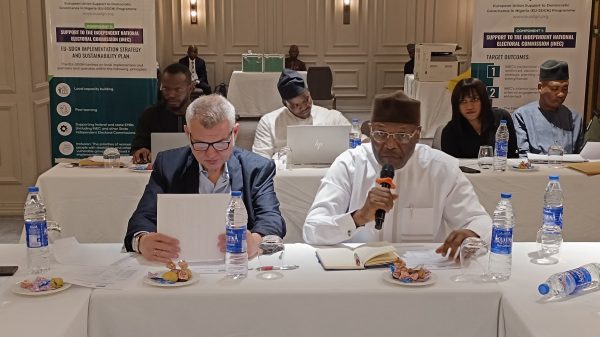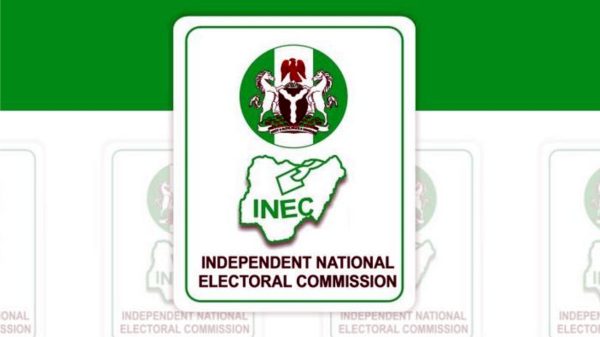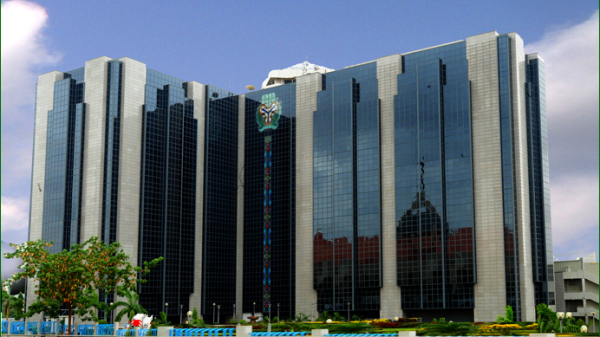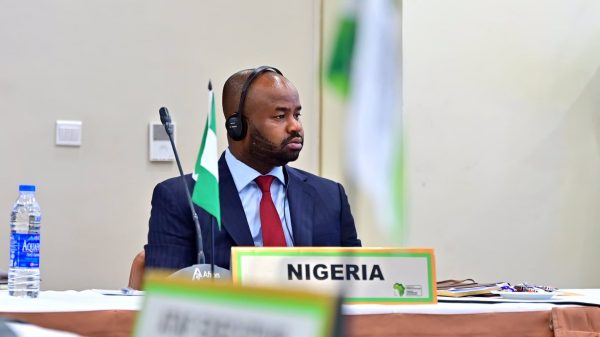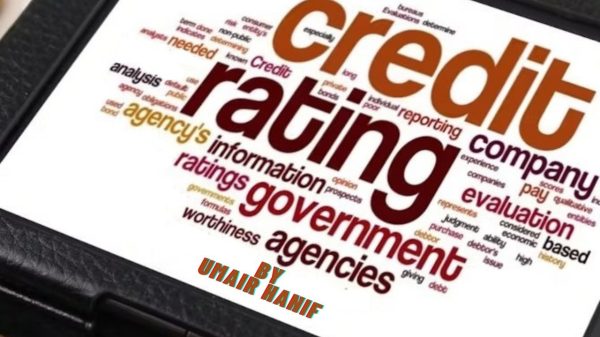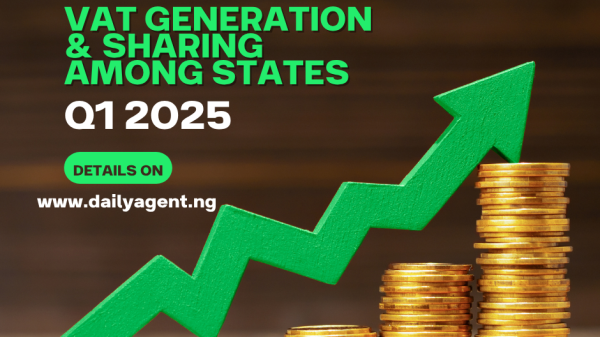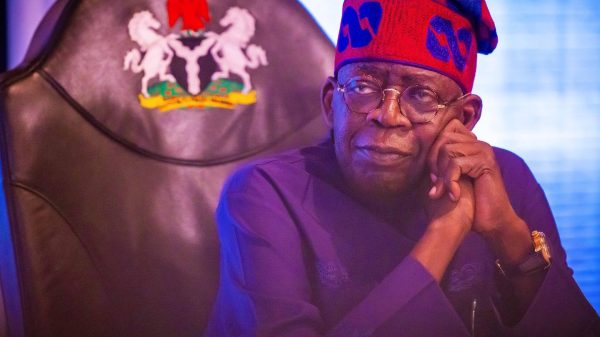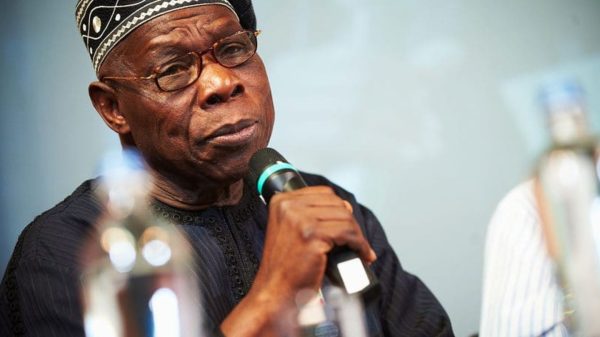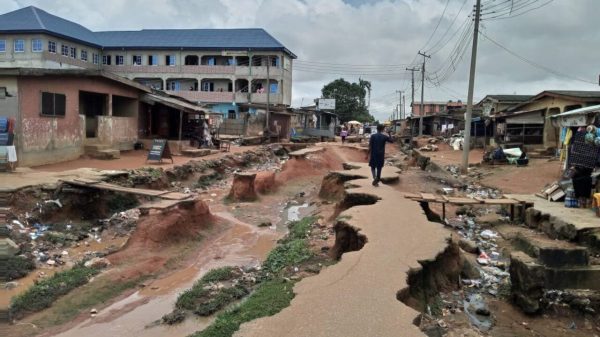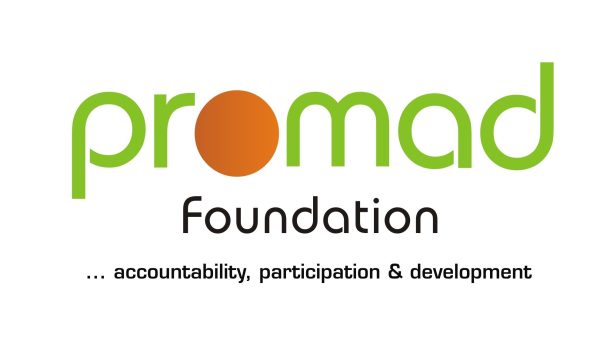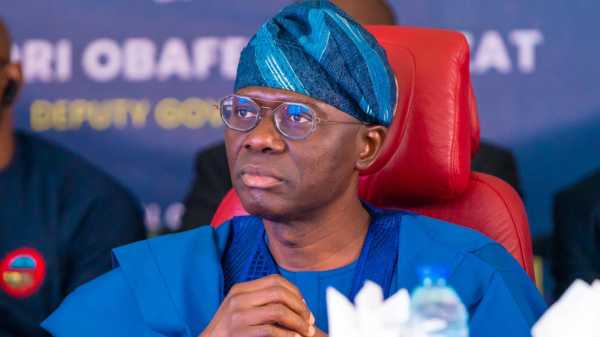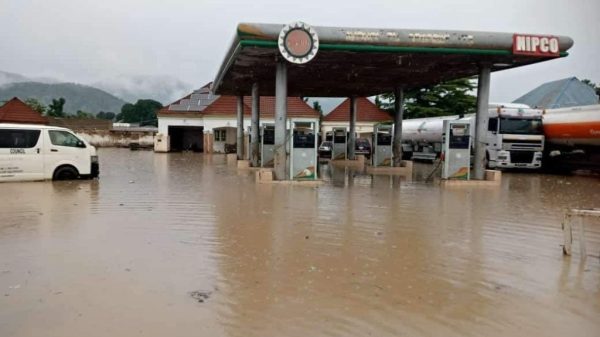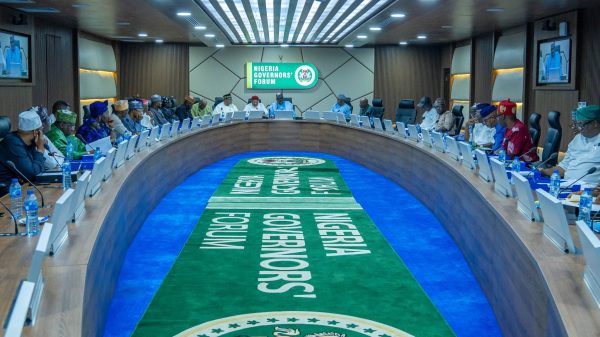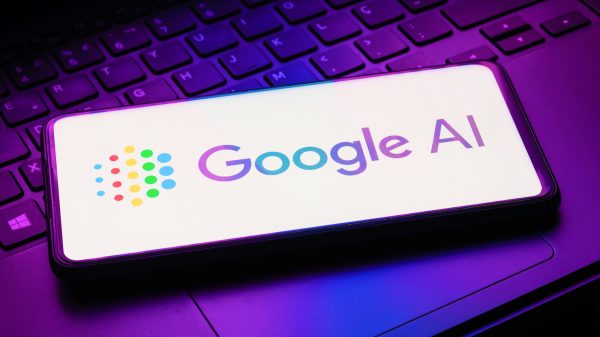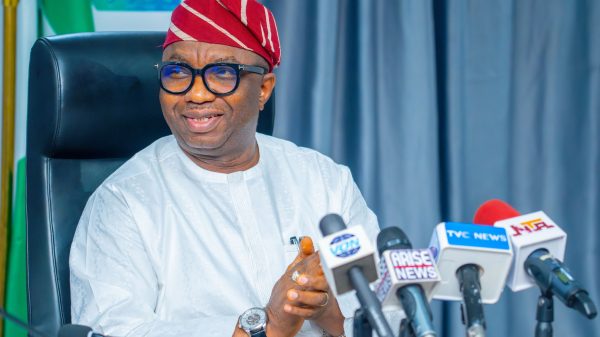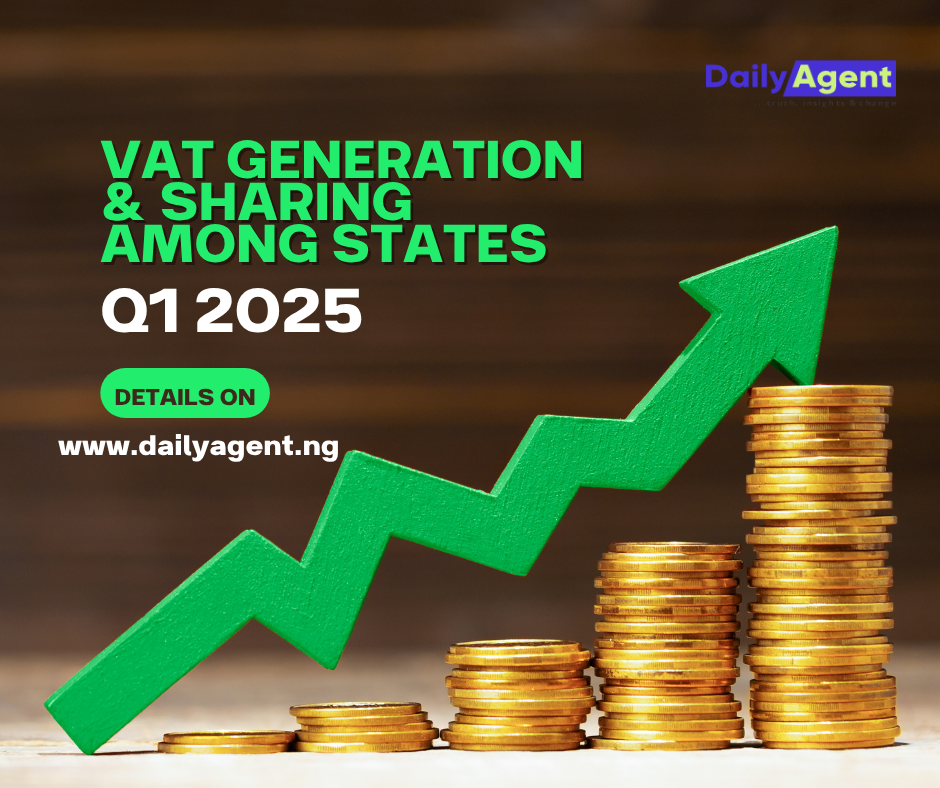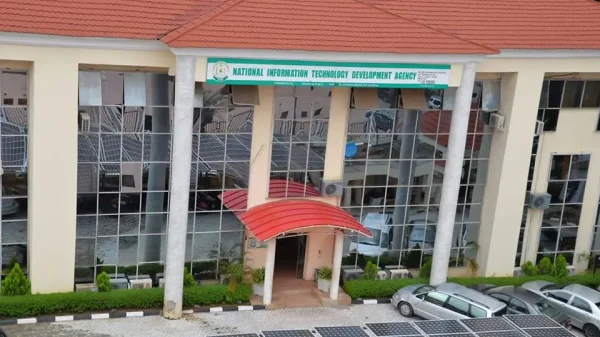On Friday, the country director of the World Bank, Shubham Chaudhuri, announced that the bank is partnering with the Federal Government of Nigeria to roll out registration for digital national ID.
Chaudhuri stated this at a dinner held in partnership with the Federal Ministry of Communications and Digital Economy, in Abuja on Friday.
According to him, there is a huge potential in leveraging digital technologies that will go a long way in driving transformation in the country.
“Our main mission here in Nigeria is to eliminate poverty, make lives better, create jobs for all Nigerian youth,” Chaudhuri said.
“One of the areas that we think have the greatest potential, is the area of using digital technologies to transform. Now, to do that, it begins with having this digital national ID.
“So, one of the main partnerships we have is working with the National Identity Management Commission (NIMC) to ensure the rollout of the registration, so that all 220 million Nigerians have a digital national ID. Beginning of course with all people of working age, and I think the target for that is at least 148 million people by the middle of next year.
“The second is helping Nigeria lead the broadband infrastructure for broadband connectivity because, without broadband connectivity, digital technologies will lead to a digital divide.
“So, their support has been for good kinds of policies and regulations that will help invite private investment into this space and then fibre optic cables.”
He noted that the most challenging aspect in rolling out these infrastructures to all parts of Nigeria is for the fibre optic cables to have the right regulation so that private investors will see some return to service.
What is Digital ID?
According to the World Bank, “digital ID allows for unique and secure identification and authentication of a person’s identity, which grants access to a range of online services.”
“A government’s ability to deliver important services to its people depends on its ability to uniquely identify people. An official identity is central to everything from health care and voting to social welfare and transport. It’s vital to private enterprises as well, as financial institutions require client verification before disbursing a loan or making transfers.
“In many developing countries, official identification remains an elusive goal: for example, in Sub-Saharan Africa, as many as 55 per cent of people have no official identification record. This lack of identification severely hampers access to basic services including economic development, education, health and social welfare,” the bank noted.
Opportunities
Digital ID provides countries with several opportunities that include:
- a cross-sector platform that allows leapfrogging to more efficient and modern systems, enhancing service delivery;
- creation and automation of systems through biometrics: the use of electronically captured facial features, iris patterns or fingerprints to authenticate a person’s identity;
- creation of digital databases: replacing paper files with electronic records of identity data, which reduces costs and increases efficiency, as well as safeguarding information against disasters;
- achieving digital credentials of citizens: once identity information is captured and verified, governments can issue their citizens digital tokens that help keep track of health records, financial information and social benefits;
- support mobile, online and offline applications in providing access to health, education, banking and social services through digital authentication.






